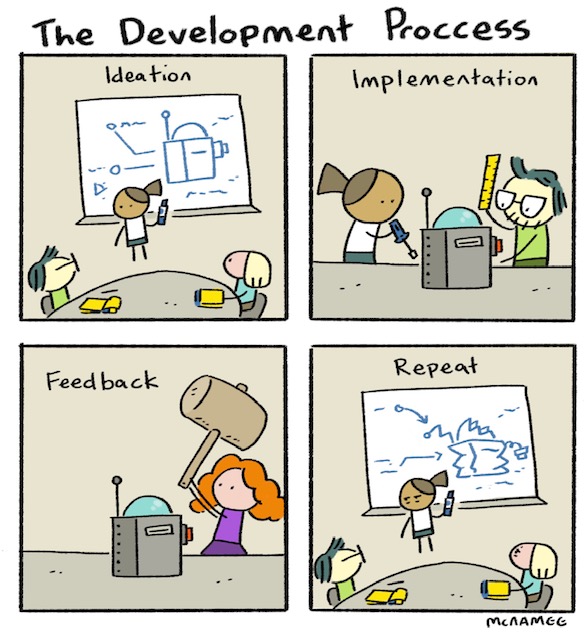Feedback is like a delicate soufflé: it needs to be served with care.
On The Great British Baking Show, amateurs compete for the title of best baker in Britain, testing their skills in challenges from custard tarts to molten puddings. Their creations are judged by Prue Leith and Paul Hollywood, the latter of whom is known for unfiltered yet constructive feedback that can make or break a baker’s dreams.
Here’s what The Great British Baking Show can teach you about dishing out easily digestible feedback just in time for the annual review season.
Embrace your team’s strong “flavors”
Paul Hollywood tells contestants when their flavors are perfectly balanced, which sometimes comes as a surprise. Highlighting what a team member does well gives them insight into what’s working and a chance to build on it; they might not even realize it’s a strength of theirs. Be specific: what did they do, and what was the impact?
Improvise feedback on the go
During the baking process, Paul and Prue whip up spontaneous and informal tips (usually: easier on the extract, heavier on the booze). Similarly, spontaneous and less structured feedback boosts morale and helps team members course-correct. Take the opportunity during a coffee break or after a meeting to offer encouragement, acknowledge a growth opportunity, or express gratitude.
Criticism with compassion is a recipe for success
Just as Paul Hollywood isn’t afraid to call out a stodgy cake, there are times when critical feedback is necessary.
As with positive feedback, focus on specifics, not generalizations about someone’s personality. If appropriate, offer to help brainstorm solutions, which can help soften any defensiveness. Feedback, like making a perfectly baked good, requires specificity, confidence, and a tasteful presentation.








